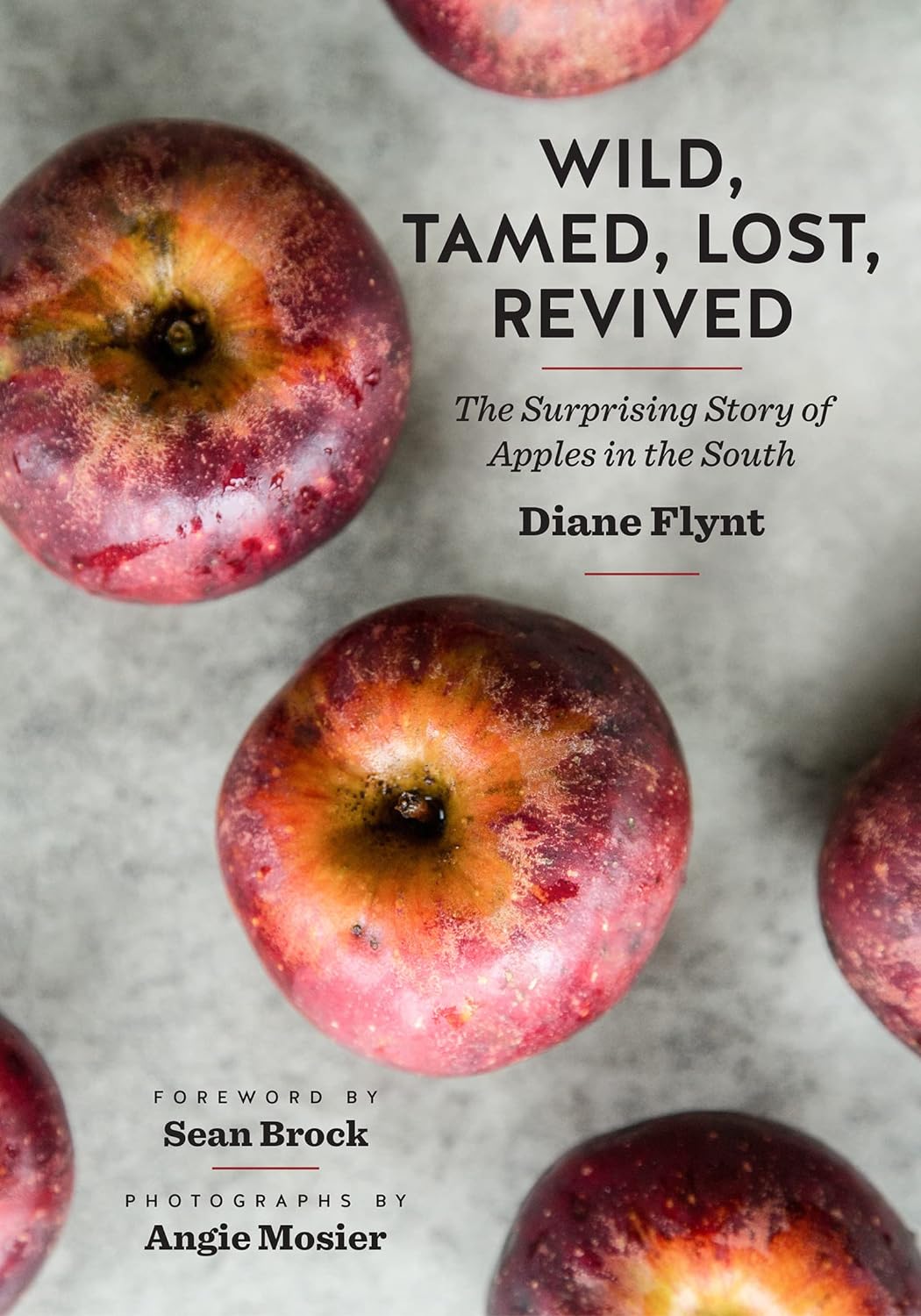-
Shop
- Back
- Shop
- Pre-Order Books
- New Releases
- Vintage Books
- Sale Books
- Children's
- Shop All
- Vintage Menus
- Risographs
- Aprons & Totes
- Moulds
- Gift Cards
- Americas
- Art & Design
- Asia & Oceania
- Europe
- Jewish
- Middle Eastern & African
- Baking & Sweets
- Drinks
- Food Writing
- Gardening & Preserving
- General & Ingredients
- Health
- Professional
- Technique
- Magazine
- Upcoming Events
- About Us
- Cookbook Club
-
Shop
- Pre-Order Books
- New Releases
- Vintage Books
- Sale Books
- Children's
- Shop All
- Vintage Menus
- Risographs
- Aprons & Totes
- Moulds
- Gift Cards
- Americas
- Art & Design
- Asia & Oceania
- Europe
- Jewish
- Middle Eastern & African
- Baking & Sweets
- Drinks
- Food Writing
- Gardening & Preserving
- General & Ingredients
- Health
- Professional
- Technique
- Magazine
- Upcoming Events
- About Us
- Cookbook Club



Wild, Tamed, Lost, Revived: The Surprising Story of Apples in the South (Diane Flynt)
Forward by Sean Brock.
For anyone who's ever picked an apple fresh from the tree or enjoyed a glass of cider, writer and orchardist Diane Flynt offers a new history of the apple and how it changed the South and the nation. Showing how southerners cultivated over 2,000 apple varieties from Virginia to Mississippi, Flynt shares surprising stories of a fruit that was central to the region for over 200 years. Colorful characters abound in this history, including aristocratic Belgian immigrants, South Carolina plantation owners, and multiple presidents, each group changing the course of southern orchards. She shows how southern apples, ranging from northern varieties that found fame on southern soil to hyper-local apples grown by a single family, have a history beyond the region, from Queen Victoria's court to the Oregon Trail. Flynt also tells us the darker side of the story, detailing how apples were entwined with slavery and the theft of Indigenous land. She relates the ways southerners lost their rich apple culture in less than the lifetime of a tree and offers a tentatively hopeful future.
Alongside unexpected apple history, Flynt traces the arc of her own journey as a pioneering farmer in the southern Appalachians who planted cider apples never grown in the region and founded the first modern cidery in the South. Flynt threads her own story with archival research and interviews with orchardists, farmers, cidermakers, and more. The result is not only the definitive story of apples in the South but also a new way to challenge our notions of history.
